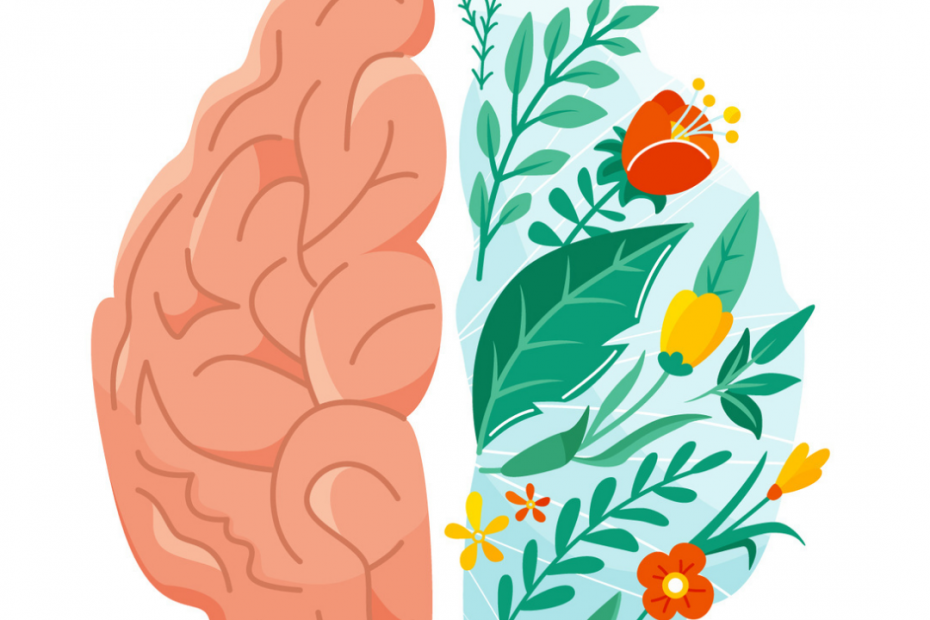[buzzsprout episode=’7129630′ player=’true’]
How much does your daily nutrition affect your cognitive performance and brain function?
I’m sure you all have heard or read somewhere that certain nutrients are good for brain function, particularly for memory and critical thinking. The truth is, your brain is a nutrition hoarder, it needs a lot of different nutrients in order to develop and function properly. Nutrients like choline, which is found in egg yolks, liver and wheat germ, and DHA; which is found is an omega 3 fatty acid that is found in fish and milk, are important for proper brain development early on in life. And then throughout life, your brain will need tyrosine, which is found in vitamin C, in order to produce the neurotransmitters that carry the signals back and forth between your brain cells. Antioxidants and essential fatty acids also help protect your brain cells from everyday damage as well as age related decline. Now your brain is an expensive user, especially in terms of energy. Of all the energy it takes to power your body’s many functions and activities on a daily basis, your brain consumes at least 20% of that. B vitamins and iron are critical for the cellular energy metabolism that keep your brain running at it’s best. In other words, healthy brain function and development just require overall good nutrition, and by the same token, serious nutrition deficiencies can definitely impair your cognitive abilities. But, for the sake of time, let’s assume you already have a fairly healthy diet, and you aren’t suffering from any serious nutrient deficiencies. Are there really foods or nutrients that could actually help you think better? Or more clearly? Can extra nutrition make you smarter or more focused? According to recent studies from the Linus Pauling Micronutrient Information Center, experiments testing the ability of various nutritional supplements to improve things like attention, memory, reasoning and problem solving in humans have been somewhat inconclusive. In general, it seems that improving your general nutrition status can have some modest effects—especially if your nutrition status is not that great to start out with. And a healthy diet does seem to delay or protect against age-related cognitive decline. But, as cool as it would be, we haven’t yet found foods or nutrients that take your logical thinking or problem-solving abilities to a higher level.
Although we haven’t discovered any foods that make you smarter, making good choices can definitely set you up for success with your cognitive tasks. Here are my tips for optimizing your mental function.
- Eat a healthy diet. In order to be sure your brain has all the nutrients it needs to work properly, eat a wide variety of whole foods, including some good sources of protein, lots of fruits and vegetables, whole grains, nuts, seeds, fish, and other sources of healthy fats. Just follow the advice in this podcast or in my book, Secrets for a Healthy Diet, and you’ll be fine.
- Don’t think on an empty stomach. Studies in school children consistently show that kids who eat breakfast are better able to focus and learn. Although the effects aren’t quite as dramatic in adults, you’re probably not going to get your best work done with a rumbling stomach. That doesn’t mean you have to eat constantly throughout the day. In fact, occasionally going a bit longer between meals could actually improve brain health over the long haul. But if you’re going to be putting in a long day of mental effort, you might want to avoid going more than four or five hours between meals. Alternatively, the best time to turn your attention to a challenging problem might be right after a small or moderate-sized meal.
- Avoid large meals and foods high in sugar. After the initial sugar buzz, big doses of sugar tend to have a sedating or dulling effect on mental function. Very large meals can have the same effect. Instead, fuel your peak performance with a moderately-sized meal emphasizing protein and slow-burning carbs like whole grains and legumes.
- Consider judicious use of caffeine. Although it doesn’t make you more intelligent, a little caffeine—such as the amount in a cup of coffee or a couple of cups of tea—can increase your alertness and mental function for several hours. Don’t overdo it, of course, and avoid caffeine late in the day so that it doesn’t keep you from falling asleep.
- Don’t skimp on sleep or exercise. That’s not technically a nutrition tip, I realize, but regular sleep and exercise work hand in hand with good nutrition to support healthy brain function.
If you’d like to listen in to this episode, tune into the Bites Radio podcast above. If you’d like to keep up to date on all the latest, comment or join the conversation, be sure to head over to the bites radio Facebook page, or follow me on Instagram! And lastly, if you liked todays blog post or previous posts, be sure to subscribe to the Bites Radio podcast for weekly bites of nutrition knowledge!
